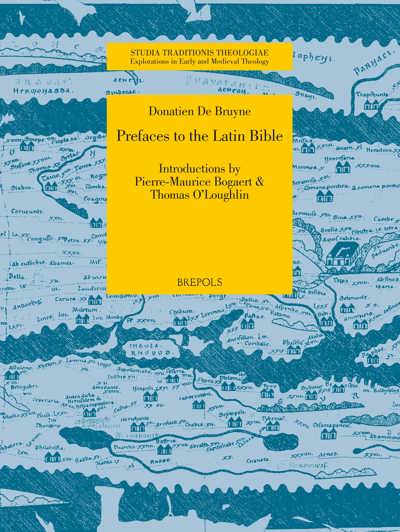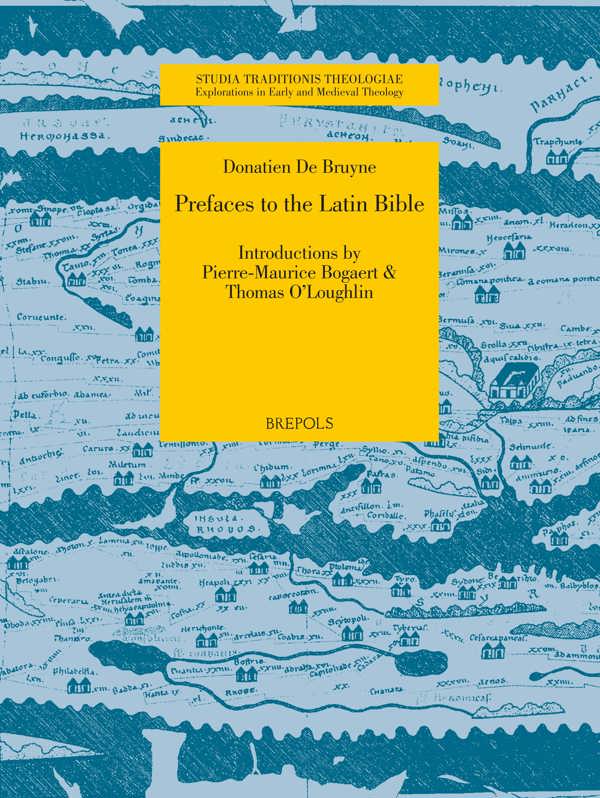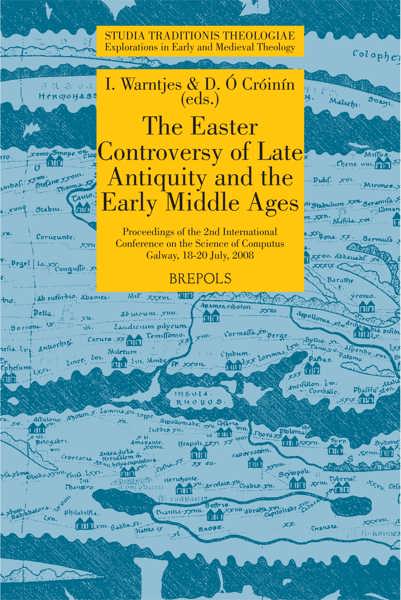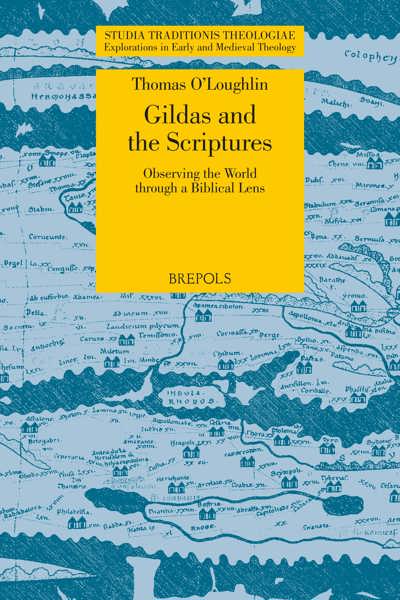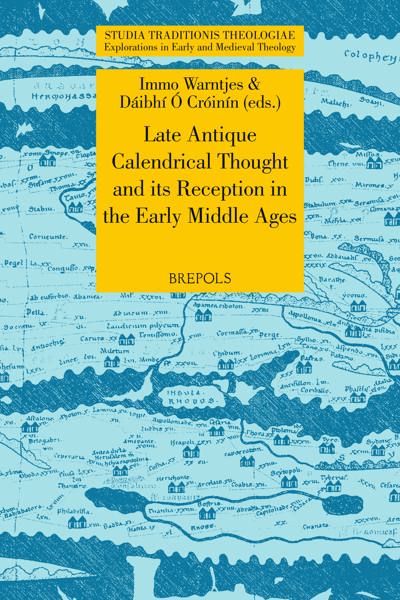
Prefaces to the Latin Bible
Introductions by Pierre-Maurice Bogaert and Thomas O'Loughlin
Donatien De Bruyne
- Pages: xviii + 266 p.
- Size:216 x 280 mm
- Illustrations:1 col.
- Language(s):Latin, English
- Publication Year:2015
- € 80,00 EXCL. VAT RETAIL PRICE
- ISBN: 978-2-503-56507-1
- Hardback
- Available
- € 80,00 EXCL. VAT RETAIL PRICE
- ISBN: 978-2-503-57316-8
- E-book
- Available
These texts provide the key to the medieval biblical paradigm.
“Ces deux volumes, difficilement accessibles, viennent d’être réédites à l’identique par les éditions Brepols, avec des introductions appropriées” (Jean-Marie Auwers, dans la Revue d’Histoire Ecclésiastique, 2016, p.350)
“(…) the use of its contents is rewarding, important, and, above all, stimulating.” (J. K. Elliott, in the Journal of Theological Studies, 67/1, 2016, p. 288)
Donatien De Bruyne (1871-1935), a monk of the abbey of Maredsous (Belgium), worked from 1907 onward as a member of the Pontifical Commission for the Revision of the Vulgate. Visiting the European libraries he collected a great amount of material for the critical edition of the Vulgate, with a special attention to the Old Latin and also to 'parabiblical' texts such as summaries, divisions, and prefaces, a care uncommon at that time. His expertise in Latin palaeography and patristics was broadly recognised.
Dom Donatien De Bruyne's work of a century ago has been all but unobtainable since it was first published quasi-anonymously just after the Great War. Originally conceived as an instrumentum laboris to the great Benedictine project to produce a critical edition of the Vulgate, it now has a new life as a unique collection of the many texts that were presented with, or alongside, the biblical text until the end of the Middle Ages. These texts predisposed readers as to what they found in the sacred texts, and how they imagined the collection as a whole. While these texts have been passed over for centuries by exegetes concerned with the interpretation of scripture, for anyone studying te history of the bible in western culture, the reception of the scriptures or the history of exegesis - or indeed the history of Latin theology - these short works are of crucial importance. They set the scene for exegesis and established the assumptions that created that universe of interpretation. They are, in short, the key to the medieval biblical paradigm.
This collection makes available the raw material for a new chapter in the study of the Latin Bible and the study of its reception in the later patristic and medieval periods. Moreover, it may usher in a new chapter in the history of biblical exegesis.
